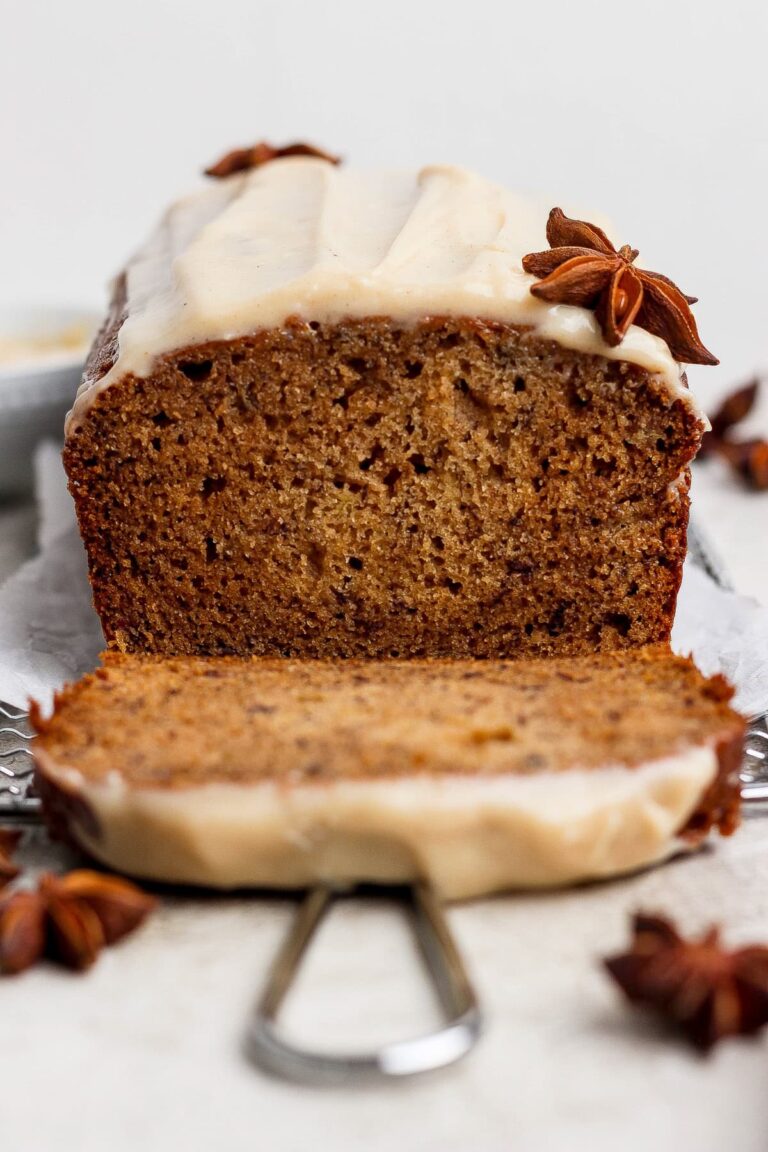“The more specifically participants wrote their to-do list, the faster they subsequently fell asleep, whereas the opposite trend was observed when participants wrote about completed activities,” the study authors write, adding, “Therefore, to facilitate falling asleep, individuals may derive benefit from writing a very specific to-do list for five minutes at bedtime rather than journaling about completed activities.”
Similar Posts

Ten tips to Maintain Healthy Younger-Looking Skin
The best and simple way to maintain healthy and younger-looking skin is to take care of…

These 3 Zodiac Signs Can Expect Luck In Love This Leo Season
Not to mention, Jupiter, the planet of luck and expansion, is also in your sign for…

The Best Natural Skincare Products for Women Over 40 | Brenda Janschek Health & Lifestyle
Whilst my diet continues to have an immense impact on the condition of my skin, as…

Brown Butter Chai Swirled Banana Bread
This brown butter chai swirled banana bread recipe is cozy, moist, and perfectly spiced. You’ll layer…

Quick Guide: San Antonio Emergency Rooms – What You Need to Know Fast!
Advertisement Do you need help right now in San Antonio? Here’s how emergency rooms can help…

Dr Jason Shafrin Estimates DMD Insurance Value – Healthcare Economist
That is the title of the podcast episode I was on for AJMC’s Managed Care Cast….
